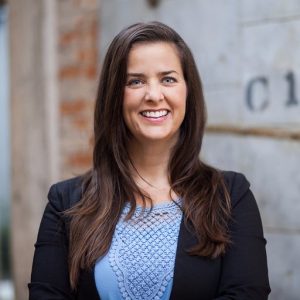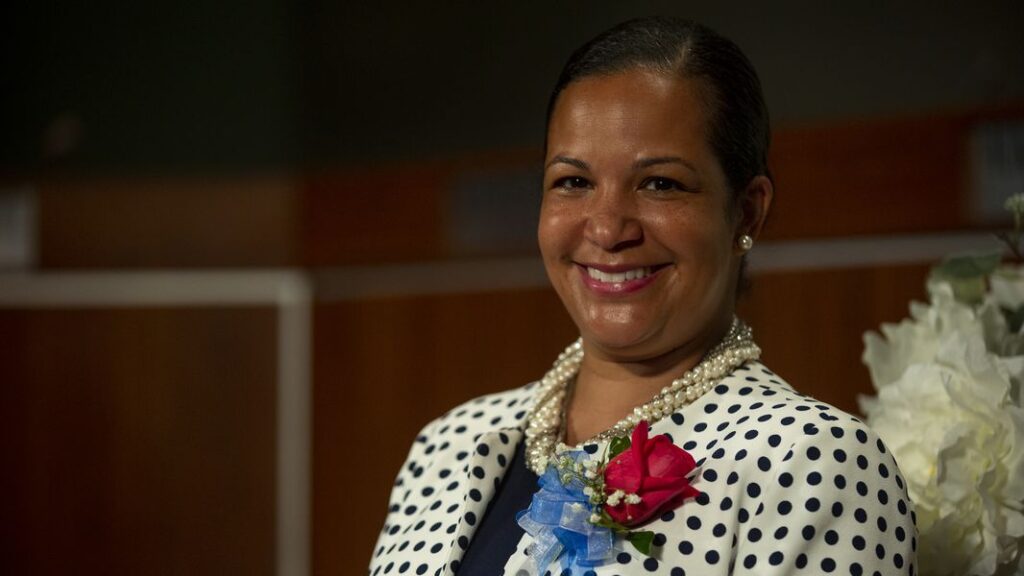
The DeKalb County School District, reaching a settlement in a federal lawsuit, has agreed to identify and provide special education services to those who qualify while being held at the DeKalb County jail. (David Tulis/AJC)
By Bill Rankin and Wilborn P. Nobles III
The DeKalb County School District has agreed to improve special education services to at least 80 people being held at the county jail under age 22.
The negotiated settlement comes almost a year and a half after the school system was sued by a 17-year-old who was diagnosed mental illness, the teen’s mother, and a 19-year-old with learning disabilities. Both teenagers were being denied the special education they were entitled to under federal law, the lawsuit stated.
In addition, U.S. District Court Chief Judge Thomas Thrash in Atlanta recently certified the lawsuit as a class action, meaning it will affect all those at the jail who qualify for special education services.
“This decision allows us to represent not just our clients but the hundreds of other students like them who pass through the DeKalb County jail each year and have a right to special education,” said Christina Wilson Remlin, a lawyer for the nonprofit Children’s Rights. “The ability to provide educational services for young people trapped in a jail has a tremendous and positive impact on their lives.”

Christina Wilson Remlin, lead counsel for the nonprofit Children’s Rights, is one of the lawyers representing young inmates at the DeKalb County jail who need special education services. (Photo: Children’s Rights)
The DeKalb school district does not comment on pending litigation, a spokeswoman told The Atlanta Journal-Constitution.
DeKalb, like other school districts, is legally obligated to provide students individualized education plans (IEPs) tailored to their needs. IEP obligations range from requiring physical adult supervision, supportive instruction from a paraprofessional, and school-provided communication devices and tools to support a child with speech difficulties.
The DeKalb school district recently said its educators participated in training to teach special-needs students in a more challenging virtual environment. The school system also hosted parent meetings to discuss how to support children in a remote environment.
Superintendent Cheryl Watson-Harris has said serving these students is an “impetus for us evolving our plan and trying to get our students back to a face-to-face environment.”

DeKalb County School District Superintendent Cheryl Watson-Harris. (REBECCA WRIGHT FOR THE ATLANTA JOURNAL-CONSTITUTION)
Remlin praised the school system’s response to the lawsuit. “I have been so impressed by its commitment to identify students in the jail and get them the services,” she said.
The lawsuit was brought by attorneys from Children’s Rights, Emory University’s Barton Juvenile Defender Clinic and the Atlanta firms Bondurant Mixson & Elmore and Hecht Walker.
University of Washington professor Peter Leone, an expert used by the plaintiffs, estimates that 40% of those aged 17 to 22 at the jail require special education services. This means about 80 to 220 youths at a time qualify, depending on the jail’s population, Leone found.
Other defendants in the lawsuit are the DeKalb County Sheriff’s Office, which did not oppose the case being certified as a class action, and the Georgia Department of Education, which is in settlement talks, Remlin said.
Randee Waldman, director of Emory’s Barton center, praised Thrash’s recent decision. “We have already begun to see special education services put in place for the named plaintiffs we represent, bringing them the joy of learning and hope for a better future,” she said.
Read the original story on AJC.com.











